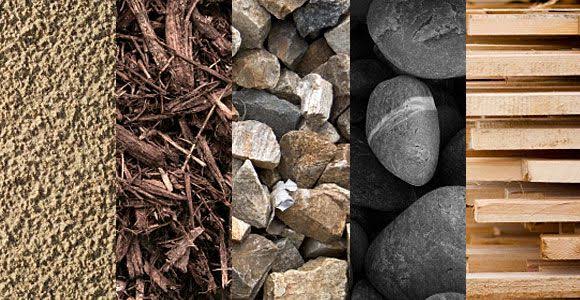One sure way manufacturing companies can survive the current economic hardships is to stop the importation of raw materials and invest in the local market by sourcing their raw materials locally.
Nigeria is known for its enormous raw materials and solid minerals endowments, but only 51.7 percent as at December 2021 of raw materials is sourced within the country.
Data from Manufacturers Association of Nigeria (MAN) for half yearly review of the economy for July-December 2021 revealed that local raw materials utilization in the manufacturing sector dipped to 51.7 percent in the period under review from 56.5 percent recorded in the corresponding period of 2020; thus indicating 4.8 percentage points decline over the period.
It however, declined by 1.3 percentage points when compared with 53 percent recorded in the preceding half. Local sourcing of raw materials averaged 52.4 percent in 2021 as against 57.5 percent in 2020 Since the full opening of the economy following the lockdown associated with COVID-19 pandemic, local raw materials and other manufacturing inputs have been relatively scarce and costly. This has also affected the output of the sector negatively.
Over the years, the federal government through Raw Materials Research and Development Council (RMRDC) have been able to turn around the nation’s industrial sector through improve local raw materials. It is now obvious that the way out of Nigeria’s over dependence on the petroleum sector is diversification into other critical sectors. Incidentally, the country is rich natural resources such as solid minerals and agriculture that can grow the manufacturing sector.
Also, the Manufacturers Association of Nigeria (MAN) partnered the RMRDC on how to look inward and source raw materials locally amidst worrying foreign exchange (forex) rate crisis and other macro-economic challenges in the country’s manufacturing sector.
Since the inception of the Backward Integration Policy (BIP) in 2002, manufacturers from diverse sectors have been on the same page with regards to the need to support the policy and leverage it to boost local production capacity.
They believed that leveraging the BIP to source raw materials locally for production will help save scarce foreign exchange, boost capacity utilisation in the sector and also curb the difficulties experienced at the ports while waiting longer time for the shipments of imported raw materials.
Industry stakeholders also noted that sourcing raw materials locally for production will definitely boost capacity utilisation in the country’s manufacturing sector and help curb the difficulties experienced at the ports, while waiting longer time for the shipments of imported raw materials.
MAN specifically fingered the high cost of local and imported raw materials as the biggest constraint in manufacturers’ quest for enhanced capacity utilisation, competitiveness and of course, profitability.
Accordingly, this has compelled manufacturers to renew their call for the resuscitation of the BIP and resource-based industrialisation programmes of the government. This is in a bid to improve the performance of the manufacturing sector and by extension, the economy going forward.
To further boost the sector’s performance, manufacturers insisted that intentionally putting in place permanent mechanism that will address the challenges hurting the sector, beginning with incentivising investment in the development of raw-materials locally through backward integration and resource-based industrialisation will turn things around
The president of MAN, Engr. Mansur Ahmed, said encouraging manufacturers to locally source for their inputs by formulating a comprehensive industrialisation policy that would prioritise the drive towards backward integration programmes and the creation of linkages for various value chains in the manufacturing industry would reduce cost in the supply chain and support the federal government’s drive for economic diversification.
Mansur also pointed out that improved manufacturing value chain linkages will make the manufacturing sector competitive, contribute more to the nation’s Gross Domestic Product (GDP) and create the much-needed jobs in Nigeria.
He, however, harped on the need for government to strategically involve private sector operators in the crafting and implementation of its backward integration policies to facilitate the creation of industry friendly and enduring policies that would not erode the little gains made so far in the nation’s industrialisation drive.
The CEO of Centre for the Promotion of Private Enterprise (CPPE), Dr. Muda Yusuf said: “the Nigerian manufacturing sector is too dependent on import, which is a major shortcoming of the Nigerian manufacturing sector. The sector accounts for about three per cent of Nigeria’s foreign exchange earnings and over 30 per cent of the country’s import bill. This demonstrates that the sector is not properly aligned with the vision of self-reliance being promoted by the current government.
“Local value addition is still very low. The most sustainable segment of the manufacturing sector is the food and beverage industries and the cement industries where the local content is well over 60 per cent. This explains the competitive strength of these segments.”





